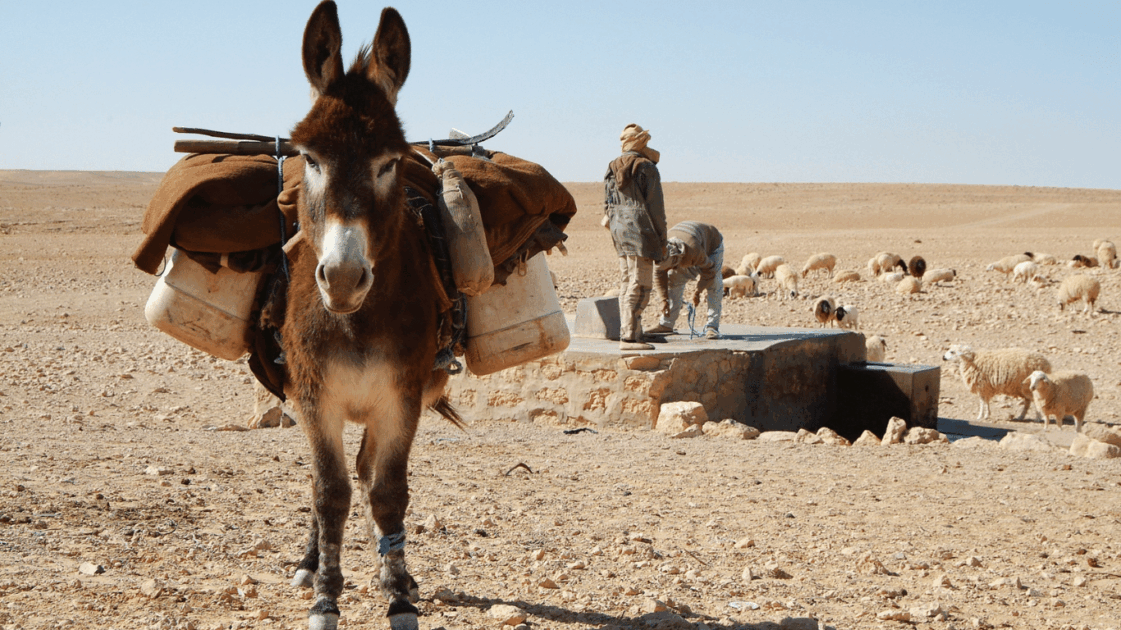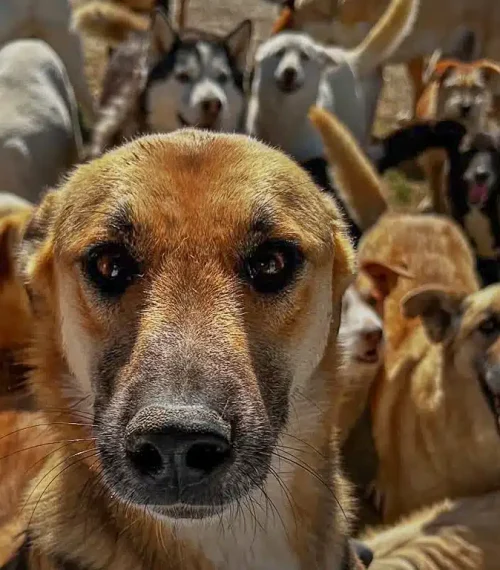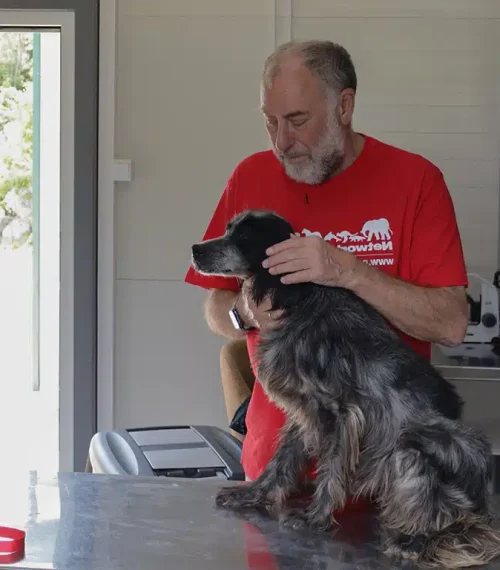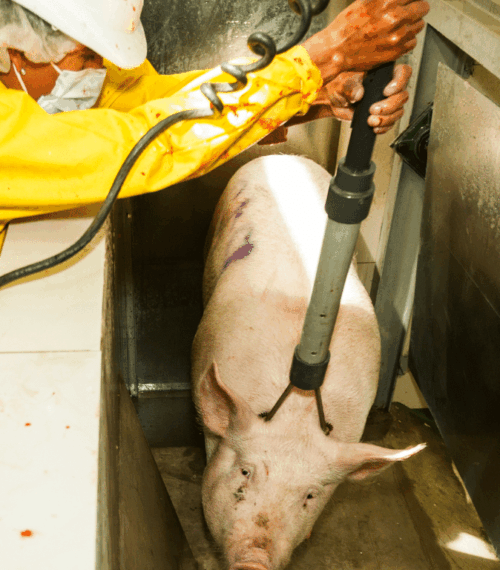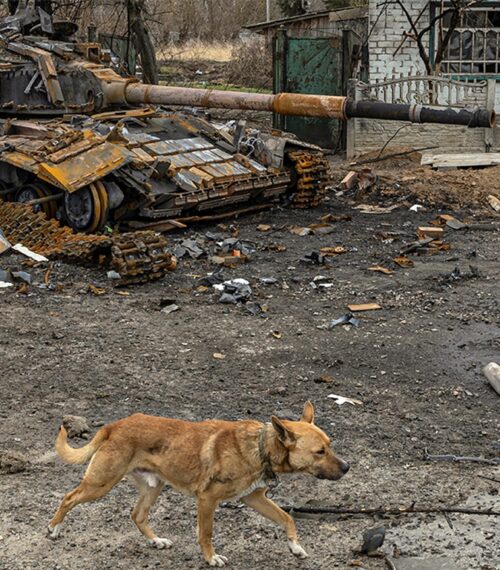Original article written by Yasinta Amos
Originally published by Daily News (July 16, 2025)
More than 150 donkeys are stolen from Tanzania and smuggled into Kenya every month. It has just been revealed in Arusha.
According to the Director of the Arusha Society for the Protection of Animals (ASPA), Livingstone Masija, the donkeys cross into Kenya through a number of permeable routes dotting the entire northern borderline, stretching from Loliondo in Arusha, all the way to Tanga.
ASPA works in association with Brooke East Africa, their partner in advocating for donkeys’ welfare, especially addressing issues of smuggling and trafficking of the animals.
In total, Tanzania loses nearly 2000 donkeys through these illegal animal trafficking rackets in East Africa, with China being the final destination for the poor mules.
“Tanzania has banned the slaughter and consumption of donkeys, and the result is that people smuggle them out of the country into Kenya for export to Asian countries but especially China,” said Masija.
Masija was speaking in Arusha during the Workshop on Promoting Animal Welfare Laws and Addressing the Donkey Hide Trade in Tanzania.
He warned recently that the main culprit behind donkeys’ disappearance was demand for their hides that produce gelatin to make some highly sought-after, traditional Chinese medicine.
Donkeys, the tough working farm animals usually taken for granted, are now in danger of becoming extinct in Tanzania.
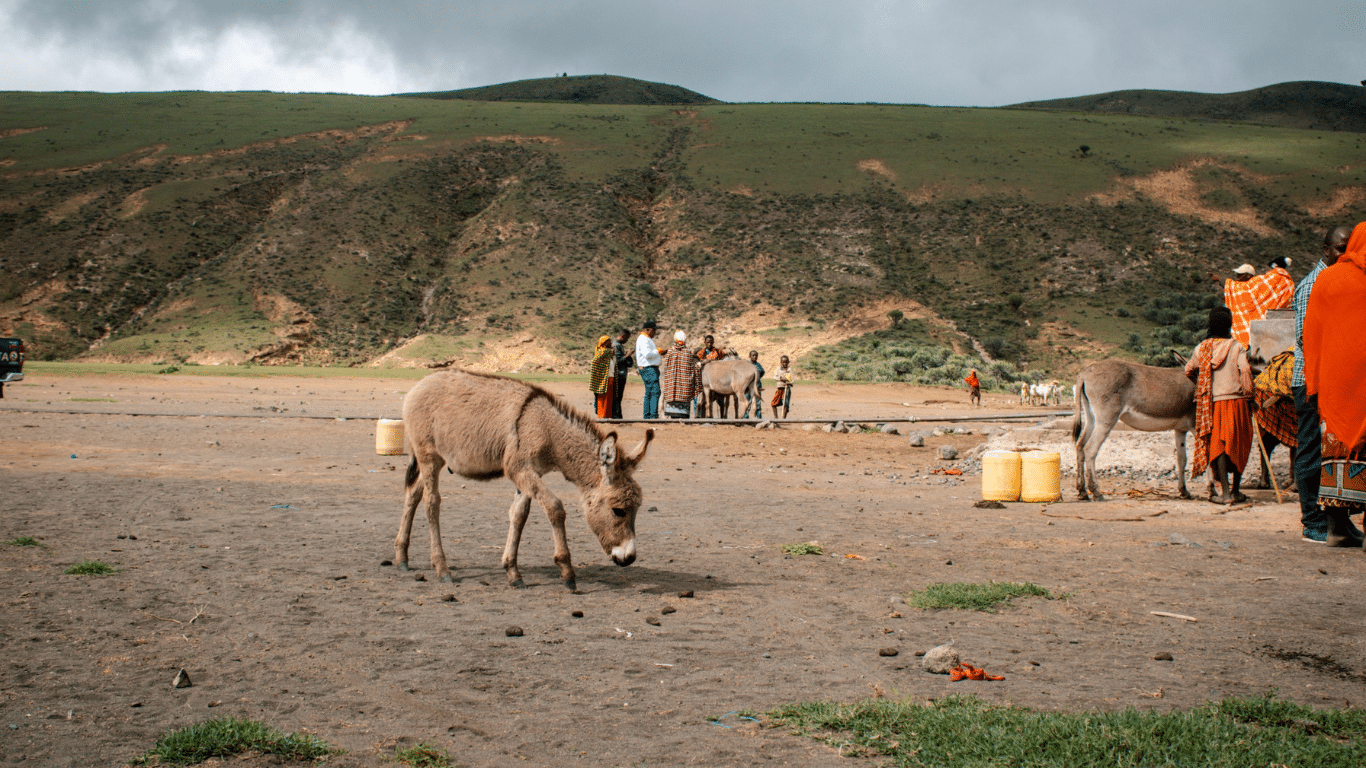
Credit: Arusha Society for the Protection of Animals (ASPA)
Bad treatment, overworking and overloading and killings targeting these highly resilient animals are just for starters.
Now, the high rate of illegal trafficking to supplement the Chinese drug industry should be the donkey’s last straw.
Tanzania used to have around 600,000 donkeys; the number has, however, been rapidly shrinking, with observers foreseeing total annihilation of these work animals within the next decade.
“Donkey hides business in Tanzania started in 2014 after special abattoirs to slaughter such animals were established in Dodoma and Shinyanga Regions,” pointed out Masija.
Majisa said that while people don’t eat donkeys in Tanzania, their meat is sometimes mixed with ordinary beef to boost volume after the animals are slaughtered for their hides.
And as it turns out, the hides are the flagship products, being the components used to manufacture a certain miracle drug in China. This means that all the carcasses could be exported by the two Chinese-owned slaughterhouses, alongside the hides and hooves harvested from the killed animals.
The Sino elixir known as ‘e jiao’ is a concoction made from the skin of donkeys. In recent years, the demand for this supposedly miracle-cure has constantly increased in China and other Asian precincts.
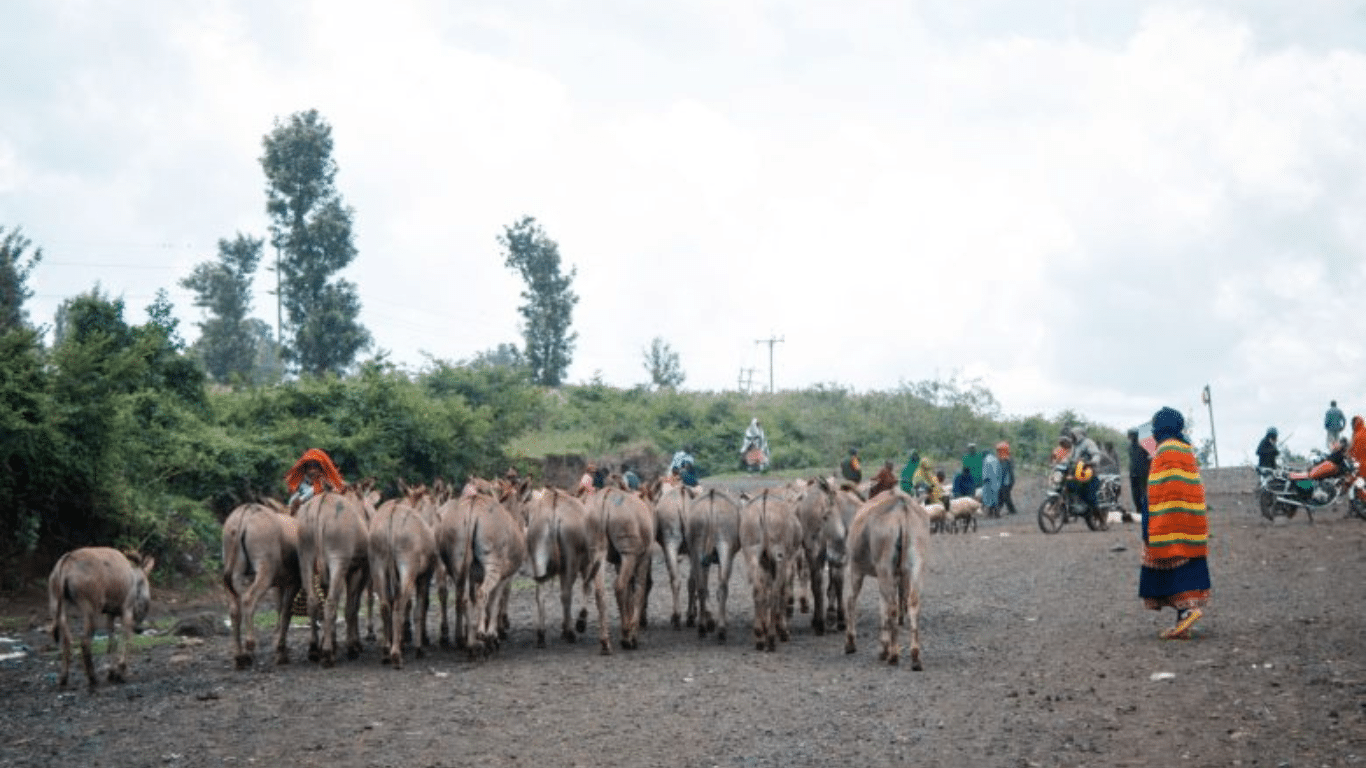
Credit: Arusha Society for the Protection of Animals (ASPA)
Since it has become nearly impossible to legally obtain the requisite number of donkeys needed to produce the required batch quantity of this sought-after product
As a result, donkeys are now regularly captured, stolen, and smuggled to the Far East, either dead or alive, but preferably dead, for easy shipping to China, where the demand is high.
In its 2020 report, the Donkey Sanctuary claimed that nearly 5 million donkey hides were needed to satisfy the high demand for gelatin.
Abdinego Martin, the communications officer of the Protection of Animals (ASPA), pointed out that the importance of donkeys in driving the rural economies cannot be downplayed and the country may suffer drastic consequences if these important animals were left to go extinct.
He appealed to the media to help raise awareness of the predicament facing the donkey populations in the country.
It was explained by other experts here that from 2010, donkey prices around the world started to escalate rapidly and it was soon discovered that the catalyst was the high demand for Chinese traditional elixir (Ejiao).
Later in 2018 several African countries, including Uganda, Tanzania, Botswana, Niger, Burkina Faso, Mali, and Senegal, banned donkey and their products’ exports to China











































































































